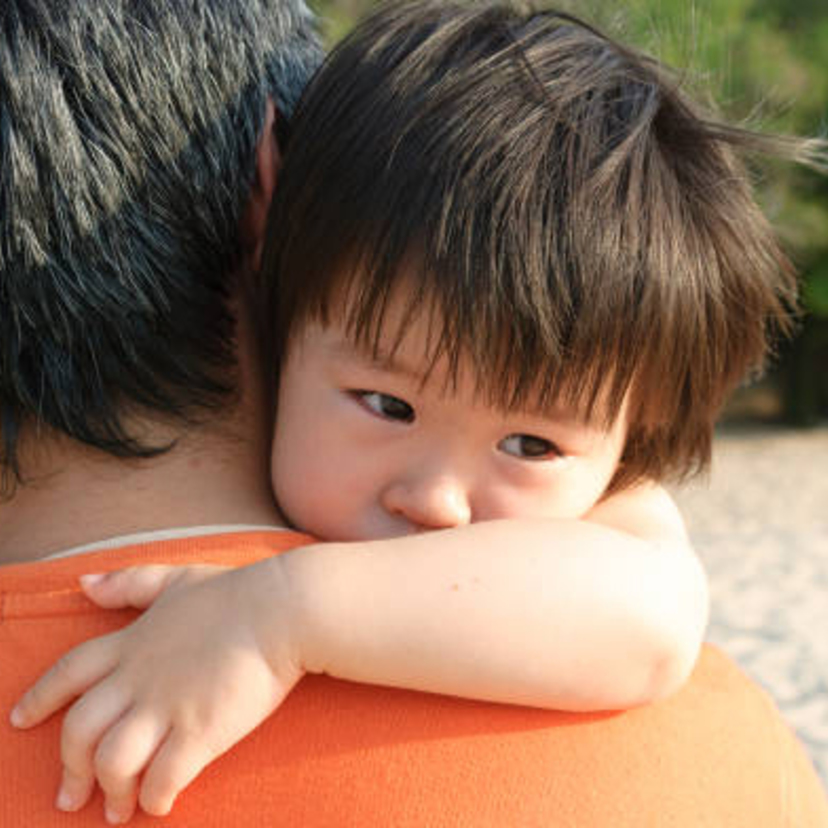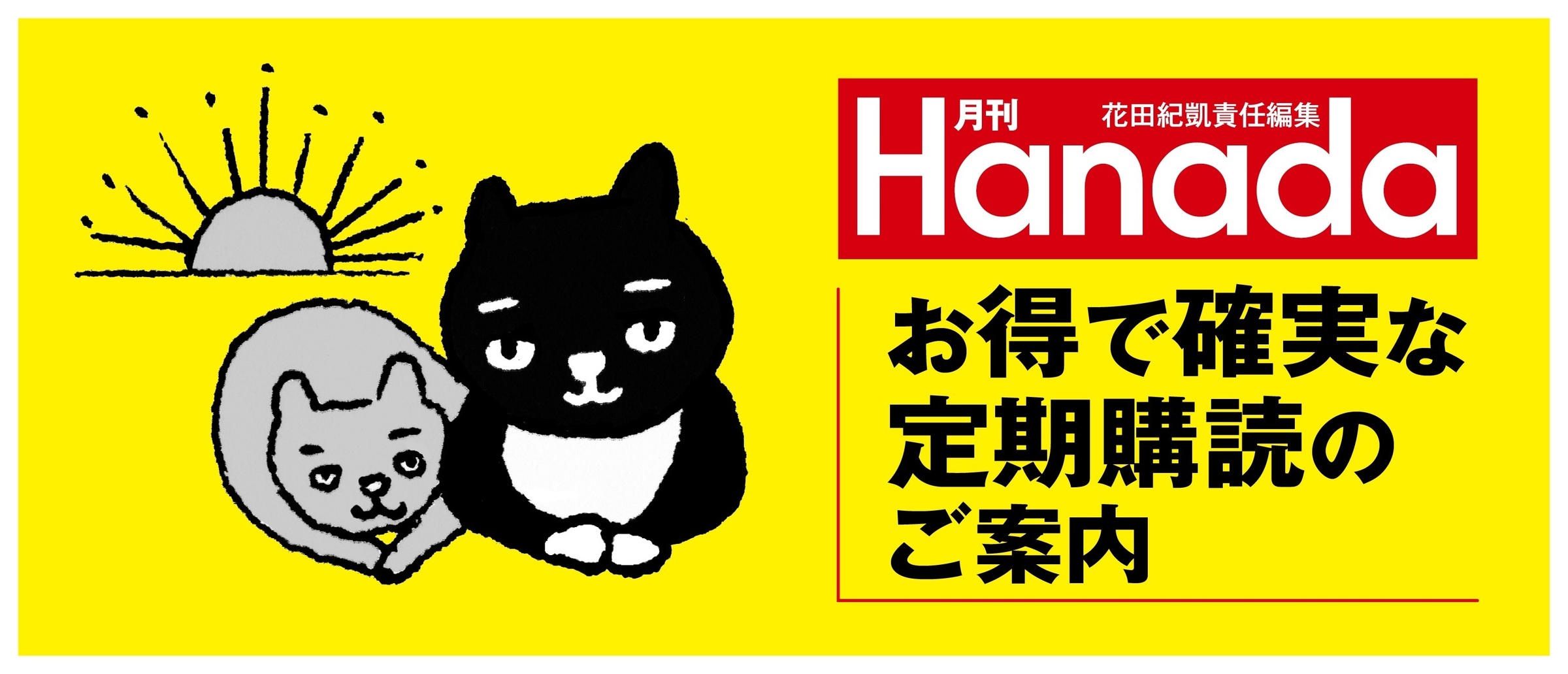The trap that Japan set in the Hague Scheme
The Hague Convention is a treaty that puts the interests of children first. Therefore, the marital relationship is irrelevant to the decision to return the child. It doesn't matter if one of the couples was unfaithful or if there was domestic violence. Even if there is domestic violence, the problem will be resolved if the couples live separately and introduce coparenting. Thus, it cannot be used as the grounds for refusal to return. The Hague Convention only states that violence to children should be taken into account.
It is the provision of Article 13 of the Hague Convention that states that if "there is a grave risk that his or her return would expose the child to physical or psychological harm or otherwise place the child in an intolerable situation,0" then return could be refused. A situation that exposes a child to physical or psychological harm is, for example, the case where the child is being abused. An example of an intolerable situation is when the country in which he or she used to live is in a state of war. Thus, the Hague Convention allows the refusal for a child to be returned only when it is clearly recognized that the interests of the child will be harmed.
However, after the ratification of the Hague Convention, Japan manipulated the domestic law, implementing the convention. It is called the Act for Implementation of the Convention on the Civil Aspects of International Child Abduction. The Japanese government included domestic violence as a grounds for refusal to return a child in this act, which the Article 13 of the Hague Convention itself does not include.
As explained by Shibaike, Article 28 of the Implementing Act states that when deciding to refuse to return a child under the Hague Convention, the court shall consider a risk that the respondent would be subject to violence by the petitioner in such a manner as to cause psychological harm to the child, if the respondent and the child returned to the state of habitual residence.
The reason why domestic violence harm the interests of children may be that when it occurs in front of the child it causes psychological harm to the child, so can be considered child abuse and that the child is exposed to physical and psychological harm. In Japan, this is called witnessing domestic violence and is regarded as a form of child abuse under the Act of the Prevention of Child Abuse. In any case, what is important is that it is the Japanese court which decides whether there is a risk of witnessing such domestic violence. Therefore it is important to know what the criteria are in Japan for determining domestic violence according to Japanese standards.
What’s unusual about Japanese domestic violence criteria
According to Japanese government information, examples of domestic violence actions include shouting and ignoring for a long time. In other words, a husband who finds evidence of his wife's flirting can be accused as domestic violence if he shouts at her, and this may be considered child abuse if the child is there. In addition, in case of a quarrel between husband and wife shouting at each other, the Japanese court accepts the husband’s actions as domestic violence if his wife abducts their child and appeals to court complaining that she has been a victim of these actions. This is common practice in Japanese courts.
If a Japanese parent who abducted a child from another country and returned to Japan claiming that he / she was a victim of domestic violence, and made a petition for refusal of return under Article 28, the Japanese court would refuse to return the child based on this domestic violence judgment criteria in Japan. Moreover, as is clear from Article 28, it is sufficient if there is a risk of violence. The word risk is an inflammatory word that can be abused with a broad interpretation. It is again the Japanese judge who determines such risk.
In other words, if you take even one step inside a Japanese court, the international rules such as the Hague Convention will not be applied at all. As long as Japanese parents successfully abduct their children to Japan from the country in which they currently live with evidence of domestic violence fabricated by using dirty tricks that the so-called human rights lawyers suggest, a Japanese judge will approve the refusal to return under the Hague.
At the seminar, Shibaike further explained the following points to the Japanese parents in France in order to apply Article 28. "It's also important to come back with proper evidence of domestic violence. For example, a good way is to go to a French hospital to get a proper medical certificate. If you're in a shelter, go to the shelter to ask its staff to write a paper to certificate that you’re in the shelter. If you go to the police, ask the police to write down the records of the consultations with the police, etc..... and bring back such evidence properly.”
No matter how indifferent a Japanese judge is, it is difficult to have a determination of domestic violence without any evidence. Especially, in the case of Hague, which is also seen by the international community. So it would be helpful for the Japanese judge to refuse to return the children because of domestic violence against their mother if the mother could show some kind of 'evidence'.



